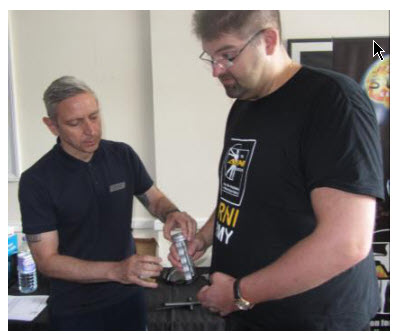 When people have strokes, loss of strength as a result can be extensive and a major contributor to prolonged recovery times. It’s estimated that the strength loss after the stroke is around 50% on the affected side of the body. The reasons for losing strength are related to factors such as weak neural activity after a brain injury and losing muscle mass (atrophy).
When people have strokes, loss of strength as a result can be extensive and a major contributor to prolonged recovery times. It’s estimated that the strength loss after the stroke is around 50% on the affected side of the body. The reasons for losing strength are related to factors such as weak neural activity after a brain injury and losing muscle mass (atrophy).
The evidence suggests that stroke survivors, at an appropriate time, should be guided to take part in some sort of regular resistance training that emphasises strengthening both affected and unaffected sides to prevent strength and muscle loss.
For example, one recent study, with 370 stroke survivors, showed that progressive resistance training had a large positive effect on strength regaining compared with no activity.
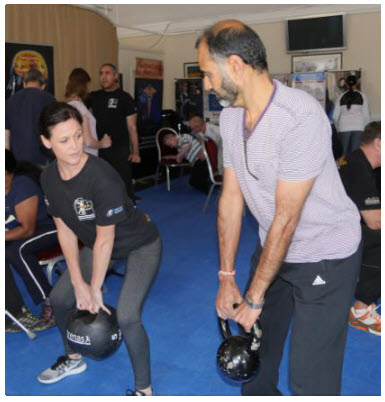
Structured resistance training can increase muscle mass (hypertrophy) and also has been shown to have positive effects on reducing anxiety, improving quality of life and cognitive function. Resistance training is often pretty simple to do, but does need guidance. It could be dynamic (moving an object such as a dumbbell for a few repetitions) or isometric (producing maximum contractions against static resistance), or a mixture of both.
Showing stroke survivors how to do simple targeted strength-training is a good thing, not only for managing the weakness caused by muscle-loss, but also for targeting spasticity (with limitations). Improving motor neuron recruitment by using gravity against limbs, weight of objects used in tasks, external support and external resistance are evidence-based parameters which can be manipulated to increase strength.
Furthermore, A recent Cochrane Review revealed that strong correlations exist in the current stroke rehabilitation research between improvements in strength and improvements in function. This is significant, as researchers previously did not have enough data not so long ago to make this evidence available for therapists and trainers to incorporate into their work with survivors.
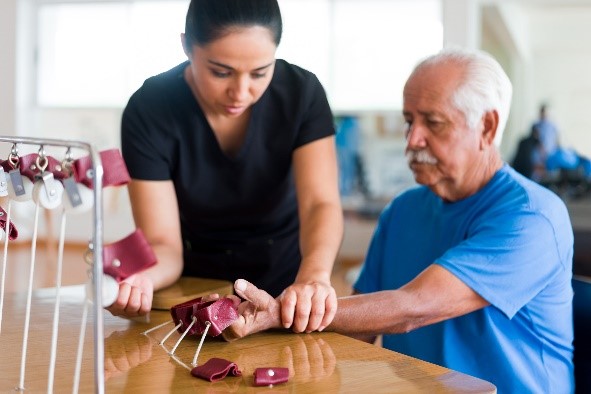 An invitation to you:
An invitation to you:
A group of researchers from Sheffield Hallam University, the University of Sussex and ARNI partnership are interested to know your thoughts on designing feasible home exercises for strengthening and mobilising the upper limbs after a stroke at a chronic stage (at least 6 months after stroke).
The research team recently secured a grant from UK Research and Innovation (UKRI) to investigate the methods to design smart and digital environments for stroke survivors at home (click the link below to the grant page to find out more).
What is this research about… and could it be of use to you to take part?
The research team are very interested in working with you, face to face, to find out your views about how best to create a digital programme to help improve muscle strength.
They would ask you to consider whether you would prefer to use forms of equipment such as weights, dumbbells, resistance bands and combinations of such items.

The research team would very much like to invite you to participate in a small group discussion (maximum 10 people) in a large boardroom at Lingfield Racecourse in Surrey, overlooking the race-track, with three researchers from Sheffield Hallam University and the University of Sussex, as well as Dr Tom Balchin and a number of the ARNI therapists to run the proceedings.
The object, as noted above, would be to share your opinions and experience in doing resistance training at home or in gyms. The session duration will be 2 hours with refreshments.
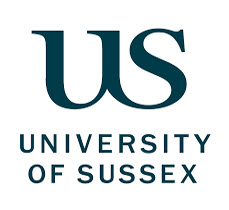
If you had a stroke at least in the last 6 months and you are ambulant (not a wheelchair user) and with experience in using fitness equipment (after or before your stroke), the team would be so grateful to to listen to your considered opinions…
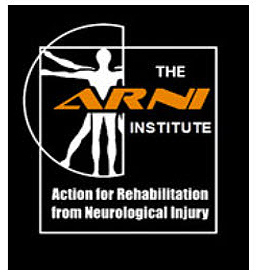
Place, date and your travel fare paid.
The session is in person at Lingfield Park Marriott Hotel & Country Club (Lingfield, RH7 6PQ).
The date of this event in January 2023 is to be confirmed, but please enquire now.
You can choose to come either for 10.30-12.30 session or for the 13.30-15.30 session
The event is free and the Research budget will pay your travel fares up to £25.
Covid-19 Safety.
A message from the research team about Covid-19 safety: they will ask the participants and researchers to use a face mask and sit in a safe distance (2m). They will provide face masks and hand sanitisers and the windows in the room are open for ventilation. They will ask you to do not attend the session if you had any flu symptoms or you were with someone who was infected by COVID-19 in the last 10 days before the session.
Who to contact
If you like the sound of taking part in this study, please contact Dr Mohsen Shafizadeh (m.shafizadeh@shu.ac.uk) to register for this event or ask further questions. We will send you the Participant’s Information Sheet and other forms via email. You will sign a hard copy of the consent form in the session.
The Research team
Dr Mohsen Shafizadeh, Dr Khalid Ali, Dr Nasrin Nasr, Dr Tom Balchin, Dr John Hart, Dr John Kelley.


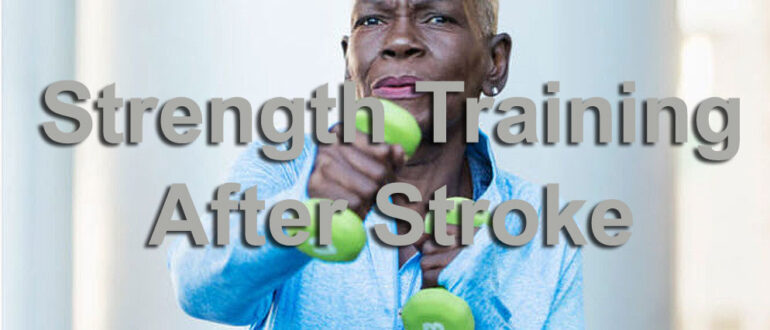



5 Comments
My life is incredibly beautiful and I owe my deepest appreciation to Lord Meduza, as his efforts are the epitome of excellence in making me a lottery winner of a €116 million. I strongly encourage everyone here to reach out to him for help via his Face-book: Lordmeduza
After my stroke, I had to relearn everything—walking, moving, living. It felt like starting over, but I was determined to heal. With faith, support from my husband and family, and the herbal formula from WORLD REHABILITATE CLINIC, I made a natural recovery. Stroke healing starts in the brain through neuroplasticity—the brain’s ability to rewire itself. This formula supported that process, and today, I feel like myself again. Don’t give up. Recovery is possible. There are real, natural options out there. It’s also crucial to learn as much as you can about your diagnosis.( worldrehabilitateclinic. com
After my stroke, I had to relearn everything—walking, moving, living. It felt like starting over, but I was determined to heal. With faith, support from my husband and family, and the herbal formula from WORLD REHABILITATE CLINIC, I made a natural recovery. Stroke healing starts in the brain through neuroplasticity—the brain’s ability to rewire itself. This formula supported that process, and today, I feel like myself again. Don’t give up. Recovery is possible. There are real, natural options out there. It’s also crucial to learn as much as you can about your diagnosis.( worldrehabilitateclinic. com
I would be intersted to take part in the study.
Denis Cremin.
Regret I am house-bound so I will not be able to attend. But I do support the aims of the event.